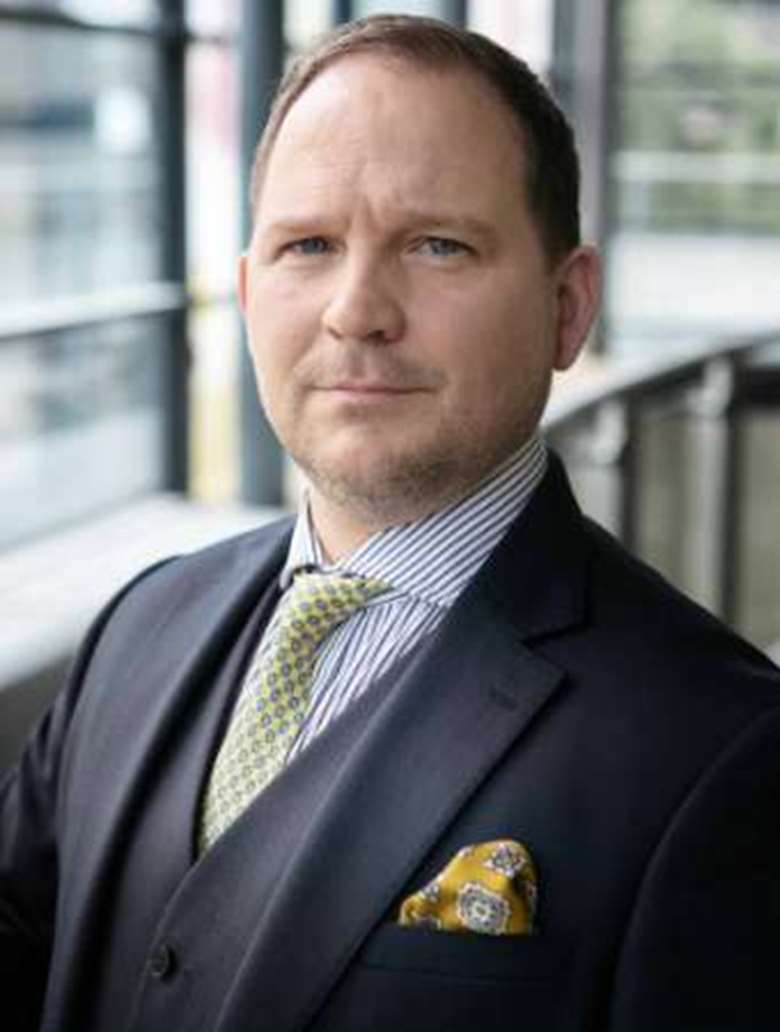Lessons from sports psychology for singers
Dr Ralph Strehle
Friday, May 28, 2021
Dr Ralph Strehle, director of the Mascarade Opera Studio, explains how sports psychology can be applied to operatic training

Credit: Guy Bell
In 2016 Liverpool FC faced a season without any European football. Whilst this was disappointing for many, manager Jürgen Klopp saw it as a golden opportunity to restructure his team and to instil a mental attitude in his players which would lead them to winning the Champions League last season. Back in 2016 Klopp commented that ‘just because you played 20 good passes in the last game doesn’t mean you will do the same next time. You have to find the same attitude as before the first pass – not the last one. It is not easy instilling that attitude.’
The attitude Klopp was looking for rests on the distinction between task-orientation and ego-orientation. A task-oriented person is involved with tasks or goals that are achievable, clearly defined and lie within that person’s control. An ego-oriented person is interested in goals that lie outside their immediate control such as winning a competition or getting recognition. Task orientation deals with feedback; ego orientation with judgment. Crucially, whilst task orientation relates to intrinsic motivation (motivation that comes ‘from within’ and stems from an activity’s inherent characteristics), ego orientation relates to extrinsic motivation (motivation that is linked to a purpose which lies outside or beyond the activity itself ). When Klopp encouraged his players ‘to find the same attitude as before the first pass’, he meant they ought to enjoy attending to the task at hand in the here and now and not be concerned with past or future outcomes. Winning the Champions League was a direct result of this attitude. Of course Klopp wasn’t against having a winning mentality. What he understood was that it is crucial to adopt the right attitude and orientation at the right time. You have to be able to switch between task orientation and ego orientation as the situation demands, and you have to know how to do it.
The distinction between task and ego orientation equally applies to the psychology of music performance. Task-oriented musicians control what can be controlled in a performance, such as their attentional focus, energy levels and emotional engagement. Ego-oriented musicians are concerned with what lies outside their control, such as praise and recognition from important others. If success is predicated predominantly upon receiving external rewards, then the absence of such rewards can create inordinate amounts of pressure and stress. The ego’s fragile economy is interrupted, and self-doubt, accompanied by feelings of failure and shame, creeps in. In the long term such pressure can lead to lack of motivation or burnout.
If success is predicated predominantly upon receiving external rewards, then the absence of such rewards can create inordinate amounts of pressure and stress
Awareness of the potential dangers inherent in ego orientation and the necessity for more task-oriented learning has led to the foundation of Mascarade Opera Studio (MOS) in Florence, which will begin in September 2020 at Palazzo Corsini al Prato. The declared aim of its nine-month, high-ability training programme for opera singers and répétiteurs is to instil in its studio artists a task-oriented attitude. MOS understands task orientation as a process, which in its best form becomes f low: intrinsic motivation, doing the thing you like doing for no other purpose than the action itself. Because task orientation requires curiosity and flexibility, the desire to figure something out and to find solutions, it also underlies the studio’s resilience training programme. Resilience is not ‘bouncing back’, as many people assume; rather, it is taking calculated risks and being psychologically flexible in the face of challenges.
Whilst our predisposition toward either task or ego orientation may, to some extent, be innate, our environment will determine which one is dominant. It does this by a variety of regulatory mechanisms – for example, the type of feedback provided – which lead us to adopt a prevalent orientation. Unlike MOS, with its focus on task orientation and creation of task-oriented environments, music conservatoires and many premier league football clubs nurture ego orientation and as such are ego environments par excellence. Inevitably, such institutions not only lose exceptionally talented individuals on the way – the ‘quiet ones’ who, in the conservatoire’s estimates ‘can’t cut it’ – but also contribute to the rise in mental health problems in their young musicians and players.
Thankfully many musicians have become much more open to discussing and disclosing mental health issues and many UK conservatoires now offer courses in becoming healthy practitioners and musicians. However, such courses will have little impact if ego-oriented environments are perpetuated in one-to-one teaching, where the outdated master-apprentice model still seems to hold sway. If current research can be disseminated to these environments, then we will hopefully see a change.
MOS is at the vanguard of this change, with the focus firmly on the individual studio artist and the design of individual psychological skills training programmes (which have been common currency for some time in applied sports science). Simply put, these programmes begin with the identification of performers’ relative strengths and weaknesses, followed by the selection or development of performance strategies to improve perceived weaknesses. An education period where various strategies – such as personal profiling, performance see themselves as part of a team. Whilst knowledge and expertise are respected, artistic ideas can be exchanged and discussed freely between staff and studio artists. With its unique structure and programme, MOS offers an alternative training and education model which centres on individuality, health and longevity. As such it is a welcome antidote to an industry increasingly obsessed with quick fixes and short-term results.
For more information click here.